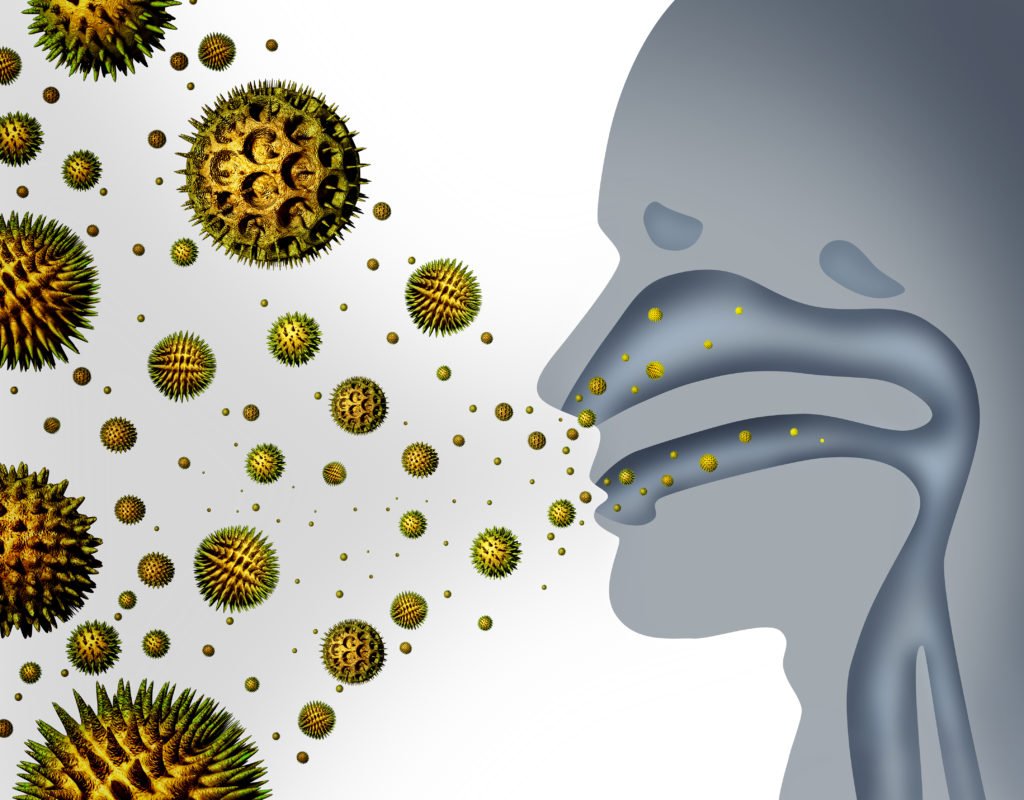
Itching in the ear is an annoying sensation. It can disturb sleep. It is socially unacceptable to clean your ears in front of strangers. Yet when that itch strikes there is no respite
Why the itch?
Ear is the organ for hearing. External ear is the part prone to itching. External ear consists of the pinna or the auricle and the external auditory canal that ends in the deep with the tympanic membrane.
Ear is covered with hair bearing skin in the lateral aspect, medially i.e. near the tympanic membrane hair are absent. Ear has a rich supply of nerves and blood vessels. It’s a very sensitive organ.
Wax is necessary for normal functioning of the ear. It’s an oily/wax like substance secreted by the ceruminous glands. Ceruminous glands are modified sweat glands. Wax production can vary from person to person. Healthy wax keeps the ear free from infection, insects and trauma.
What causes ear itching?
Itching can be caused by the following conditions:
- Allergies
- Dermatitis
- Fungal infection
- Bacterial infection
- Trauma
- Crusting
- Insects
- Debris and dirt
- Psychosomatic
The most common cause of it remains – “Self cleaning the ear”. Frequent cleaning of the ear disturbs the local environment of the ear, removing wax excessively can lead to drying of the canal skin and trauma that starts a cycle of infection and itching that can be very difficult to break.
If you are experiencing ear irritation, some family or friends may advise home remedies, which may even be effective for a while. But, if you are experiencing chronic ear itching with no respite, you should consult an ENT doctor for the correct treatment.
If itching can be treated early, it can avoid future complications such as otitis externa. Treatment of ear itching is diagnosing the cause correctly and treating it. Antihistamines are commonly used medications, ear drops may or may not help depending on the cause.


